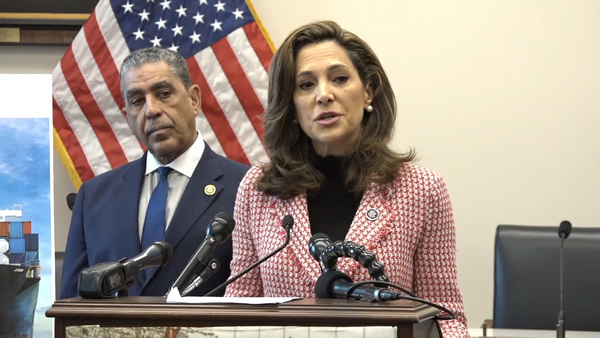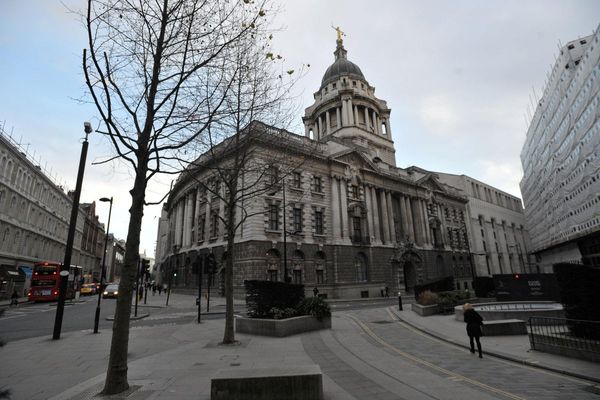
They came in thousands. They came in buses, in the Metro, and they walked, with the tricolour and roses in their hands.
The route between Mandi House and Parliament Street on Thursday was occupied by a sea of people and not the usual cars. They carried placards with slogans such as ‘JNU Bassi ke bas ka nahi’ (JNU is not Bassi’s cup of tea), We question we challenge, nothing is given. That’s how JNU learns’ and ‘Mera jhanda tiranga hai, bhagva nahi’ (my flag is the tricolour, not saffron).
Students, teachers, and professionals from various student organisations, corporate houses and political parties walked in protest, not just against JNU Students’ Union Kanhaiya Kumar’s arrest for allegedly shouting anti-national slogans but also against the state’s attitude towards students. The sheer number of people at the protest showed that support for Kumar had a wide appeal. Fifteen buses from JNU and 6 from Delhi University carried to Mandi House.
According to police estimates, there were over 5,000 protesters outside the Parliament Street police station. That the protest was a peaceful one came as a surprise to most as they were expecting violence after some lawyers attacked students, teachers, and journalists inside the Patiala House court complex on Monday and Wednesday.
“We carried roses to show we don’t support violence. We were ready to trade roses for blows,” said Rashmi Shankar, a JNU student.
Hours before the protest, vice-chancellor of Jawaharlal Nehru University asked students to reconsider their decision to protest outside the campus.

“While we appreciate your right to protest, we are apprehensive of your safety outside campus,” VC M Jagadesh Kumar wrote. The students did not listen.
The sheer number of people who turned up in solidarity was surprising for Ambedkar University student, Atiya.
“The protest has gone beyond JNU. We stand against state violence throughout the nation. I have been a regular participant in pro-Kanhaiya protests but I haven’t seen a gathering this big. It is overwhelming but comforting,” she said. The protest saw politicians such as Brinda Karat, Yogendra Yadav, Anand Kumar and D Raja condemn Kumar’s arrest.

Social worker, Harsh Mander was also present in solidarity. “The university has to be a place where young people have the right to dream and dissent. If that right is taken away then the country goes into darkness. I wrote to the Home Ministry and the commissioner of Delhi police, admitting to questioning Afzal Guru’s hanging. If Kumar is anti-national, so am I,” he said.
In true JNU fashion, the protest site saw zealous sloganeering, revolutionary poetry, fiery speeches and songs. 18-year-olds walked shoulder to shoulder with 80-year-olds.







